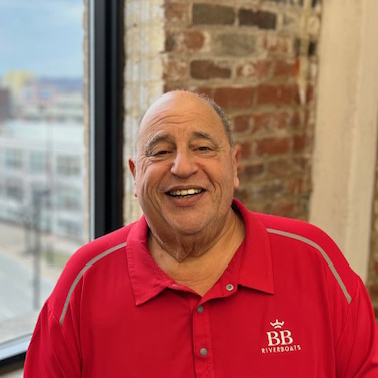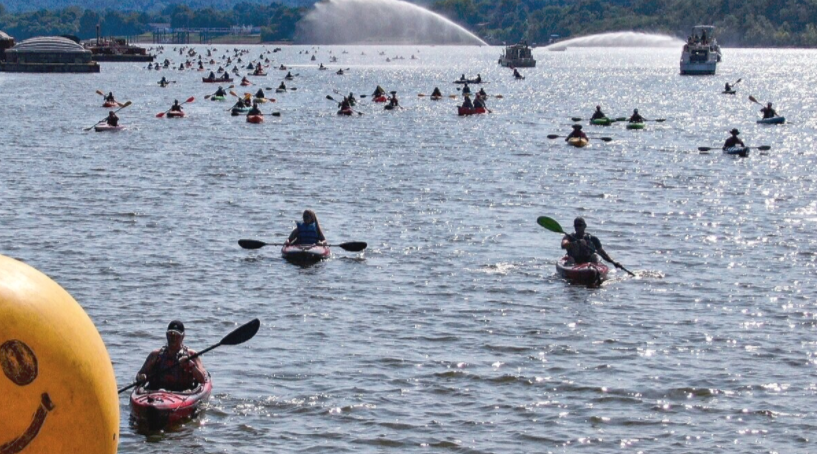Several items surprised me during a recent industry discussion about an old topic — the Coast Guard’s marine event permitting process.
A person or company that wants to hold a special event on a federal waterway must submit an application to the Coast Guard. What surprised me about the process is that to get approved, the event applicant is responsible for contacting local companies and individuals that are affected by the event. In the past few years, there have been marine events approved by the Coast Guard that have caused severe disruptions to navigation and commerce on federal waterways.
A marine event should never come as a surprise to those who live and work on federal waterways. But many Passenger Vessel Association members have been surprised to learn of a marine event that has been approved by the Coast Guard in their areas. To find out about the event days or even several weeks before to the event is unacceptable.
Some of these events are extremely large. For example, every summer in Cincinnati there is a big event called the Ohio River Paddlefest which bills itself as the nation’s largest paddling celebration with 2,000 participants that paddle nine miles through downtown Cincinnati/Northern Kentucky in a variety of human-powered craft such as canoes, kayaks, and paddleboards. It literally shuts the river down and affects my company’s scheduled cruise routes that have been operating for more than 45 years.
While I support granting access to all who want to use our waterways safely, the big question is why does the Coast Guard and its marine event permitting process give responsibility to a third-party event organizer to determine if and how locals will be affected by the event? In the case of the Ohio River Paddlefest, the Coast Guard is fully aware that my company, BB Riverboats, operates inside the impact zone of the event, but it relies on the event organizer to contact us, which they rarely do. Wouldn’t the Coast Guard be in a better position to identify all affected stakeholders and contact them directly prior to approving a marine event permit?
The Coast Guard admits that the process does not currently work that way. I encourage the Coast Guard, with the help of PVA, to conduct a thorough review of its marine event permitting program with the goal of changing it to establish greater involvement on the part of the Coast Guard in evaluating impacts on local stakeholders. It is critical that the Coast Guard, not the event organizer, be responsible for this aspect of the marine event permitting process.




